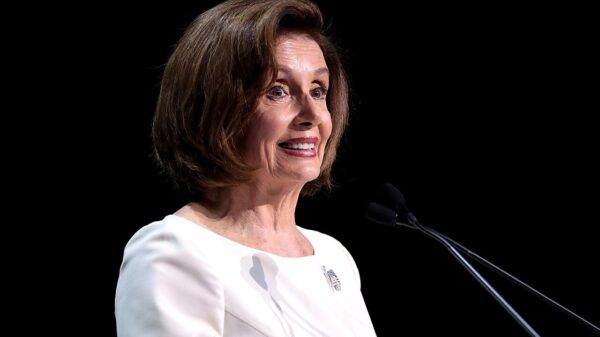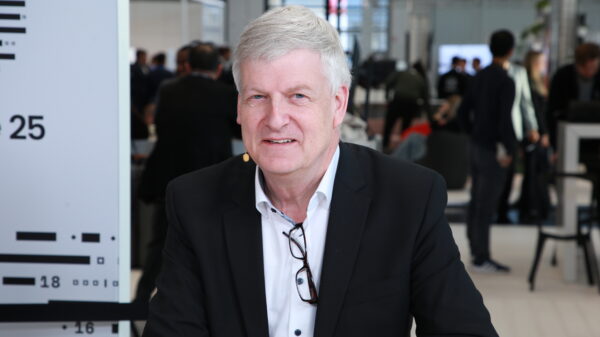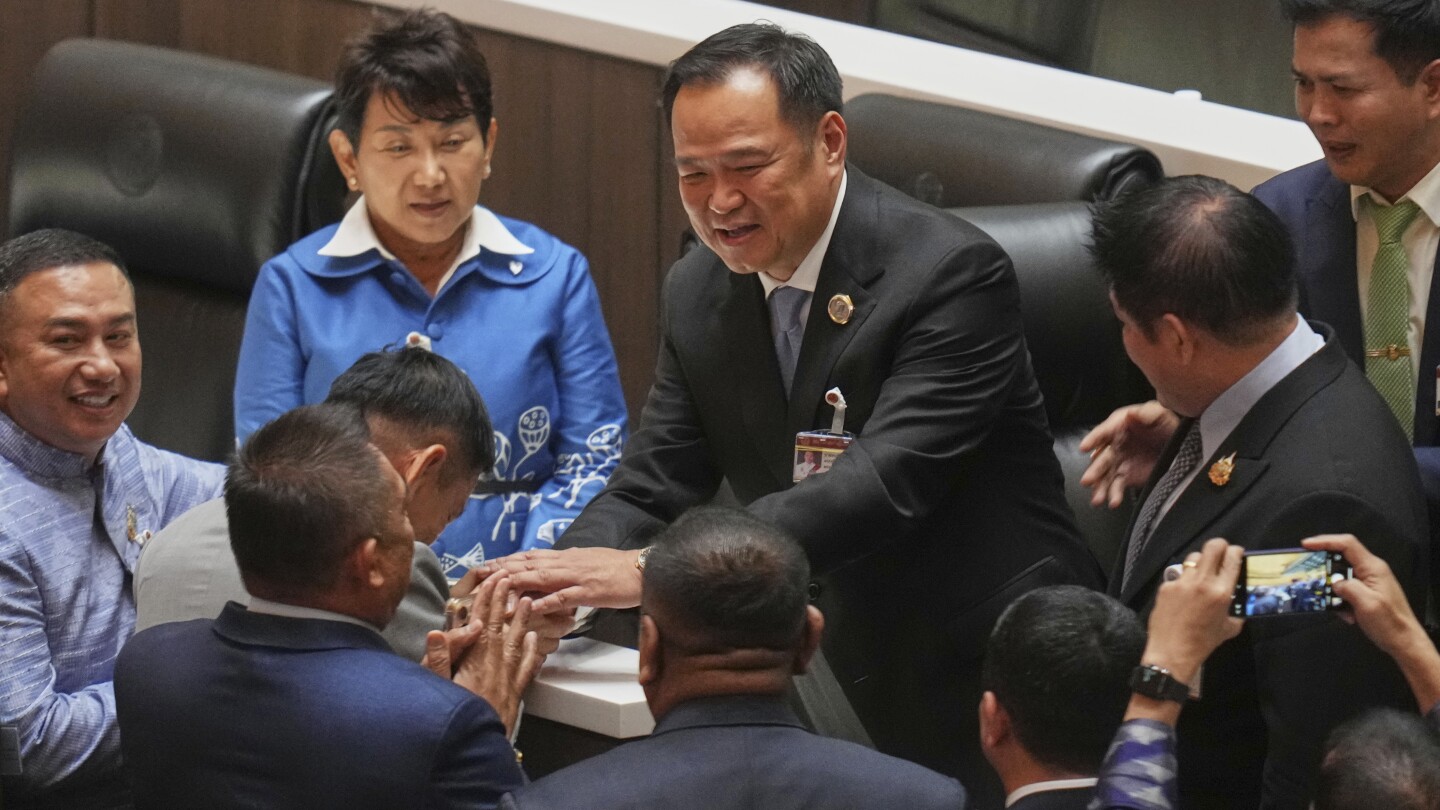UPDATE: Thailand’s King Maha Vajiralongkorn has just endorsed a new Cabinet led by Prime Minister Anutin Charnvirakul. This critical development follows a court ruling that ousted Anutin’s predecessor amid escalating public outrage over a deadly border dispute with Cambodia.
The newly formed Cabinet is set to take office next week, following an oath ceremony before the king. Anutin, head of the Bhumjaithai Party, was elected as prime minister by Parliament last month after the dismissal of Paetongtarn Shinawatra from the Pheu Thai Party. Shinawatra was found guilty of ethics violations related to a controversial phone call with Cambodia’s Senate President, Hun Sen, which preceded a violent border clash in July that resulted in dozens of fatalities.
Anutin’s Cabinet reflects a coalition primarily composed of members from his party and two others: the Klatham Party and the military-backed Phalang Pracharath Party. Notably, many of the ministers have prior experience from the previous Pheu Thai-led Cabinet. Anutin will serve simultaneously as both prime minister and interior minister.
Among the newly appointed ministers, Thammanat Prompao, a key figure from the Klatham Party, assumes the role of agriculture minister despite a controversial past, including a conviction for heroin smuggling in Australia in 1994. Additionally, Ekniti Nitithanprapas, a former Director-General of the Revenue Department, has been appointed deputy prime minister and finance minister, showcasing the government’s commitment to economic expertise.
The appointment of influential non-politicians like Suphajee Suthumpun, former CEO of Dusit Thani, as commerce minister, and veteran diplomat Sihasak Phuangketkeow as foreign minister, highlights a strategic shift towards experienced leadership in critical sectors.
Anutin’s ascension follows a strategic move to appeal to the People’s Party, Thailand’s main opposition. He promised to dissolve Parliament within four months and initiate a referendum to draft a new constitution aimed at enhancing democratic processes. This move resonates with the People’s Party’s progressive agenda, which seeks substantial constitutional reforms imposed during military rule.
This rapid reshuffling of Thailand’s political landscape occurs against a backdrop of heightened tensions with Cambodia. As the new Cabinet prepares to take the reins, the implications for both domestic policy and international relations remain to be seen. Observers will be watching closely as the new administration lays out its agenda in the coming days.
Stay tuned for further updates on this developing story as Thailand navigates its complex political challenges.






































































